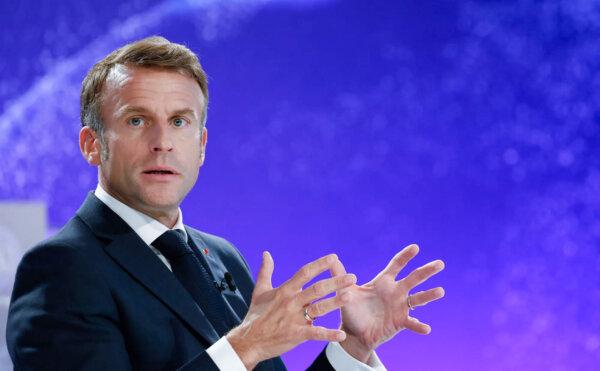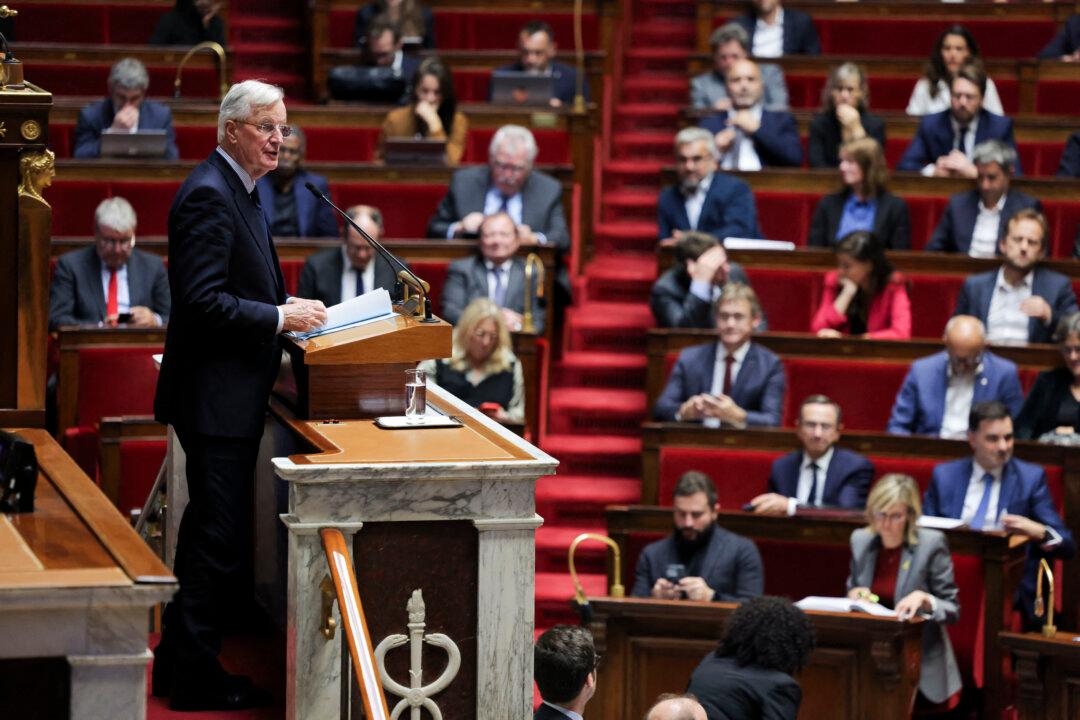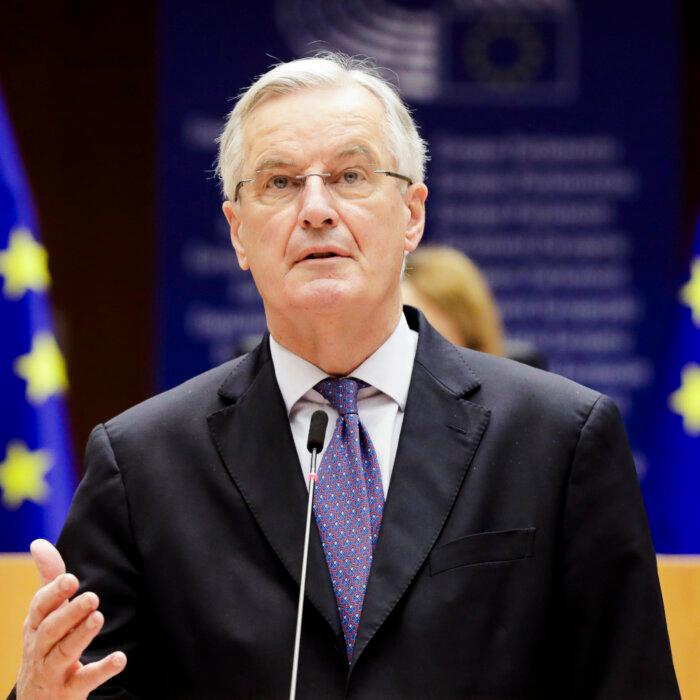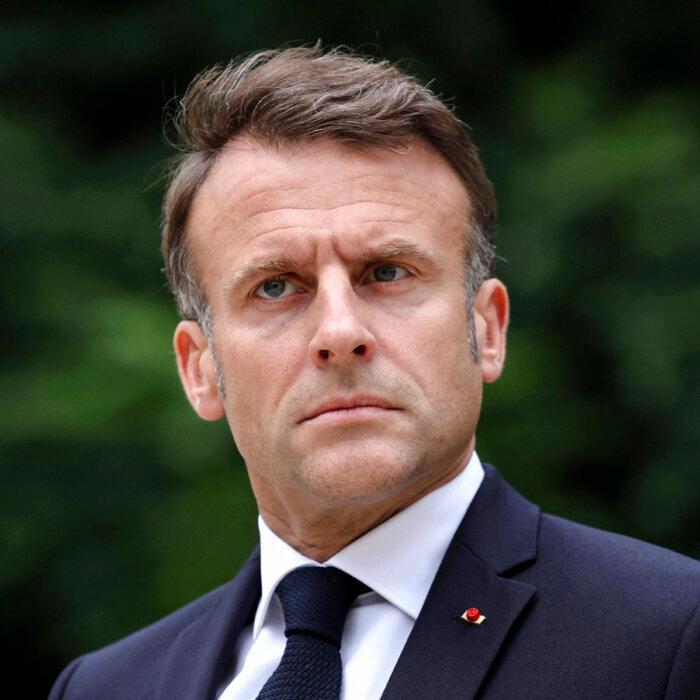France’s government’s 2025 budget is planning 60 billion euros ($65.68 billion) worth of spending cuts as well as tax hikes in a bid to reduce its spiraling fiscal deficit.
The new measures, announced on Thursday by new Prime Minister Michel Barnier’s administration, aim to bring the deficit down to 5 percent of GDP by next year, from the current 6.1 percent.
This is the first step towards meeting the European Union’s EU 3 percent limit by 2029, it said.
‘We Must Act’
Finance Minister Antoine Armand France 2 TV, “Our policy is not made for rating agencies but we obviously look at the international climate and at how France is viewed.”“Facing a spiralling deficit, we must act and that is exactly why we presented yesterday a recovery budget. We absolutely need to regain control over our debt and our deficits,” he added.
Analysts
Some analysts said they were not confident that the French government could reach next years’ deficit target.“The magnitude of the proposed consolidation and the corresponding reliance on tax increases leave us less confident in the ability of the government to meet its 2025 deficit target of 5.0 percent,” Goldman Sachs analysts said in a research note on Thursday.
JPMorgan economist Raphael Brun-Alguerre told Reuters he expected the budget to only reduce the fiscal shortfall to 5.4 percent, with economic growth falling short at 0.7 percent instead of the 1.1 percent the government is hoping for.
The announcement comes at a politically delicate time for France.
President Emmanuel Macron’s party lost its majority in a snap parliamentary election on June 9 he called after losing to the right wing populist National Rally (RN) in European elections.

Surging Borrowing Costs
Political uncertainty has since contributed to surging borrowing costs, as investors grow wary of potential economic instability.The left-wing New Popular Front alliance (NFP) and La France Insoumise (France Unbowed), which includes the Communist Party, the Greens, and the Socialist Party won the most seats in June, but not a majority. Macron’s centrist party came second and the RN third.
Public Finances
The French government will have to placate opposition parties, who could veto the budget bill and/or topple the government with a no-confidence motion.Reuters reported that Barnier may also need to use special constitutional powers to bypass parliament, although that would probably prompt a no-confidence motion.
“When we throw hundreds of billions of euros out the window to give them to the CAC 40, it poses major problems for our public finances,” Guiraud said, referring to the benchmark French stock market index.
National Rally Party has also criticized the budget.







